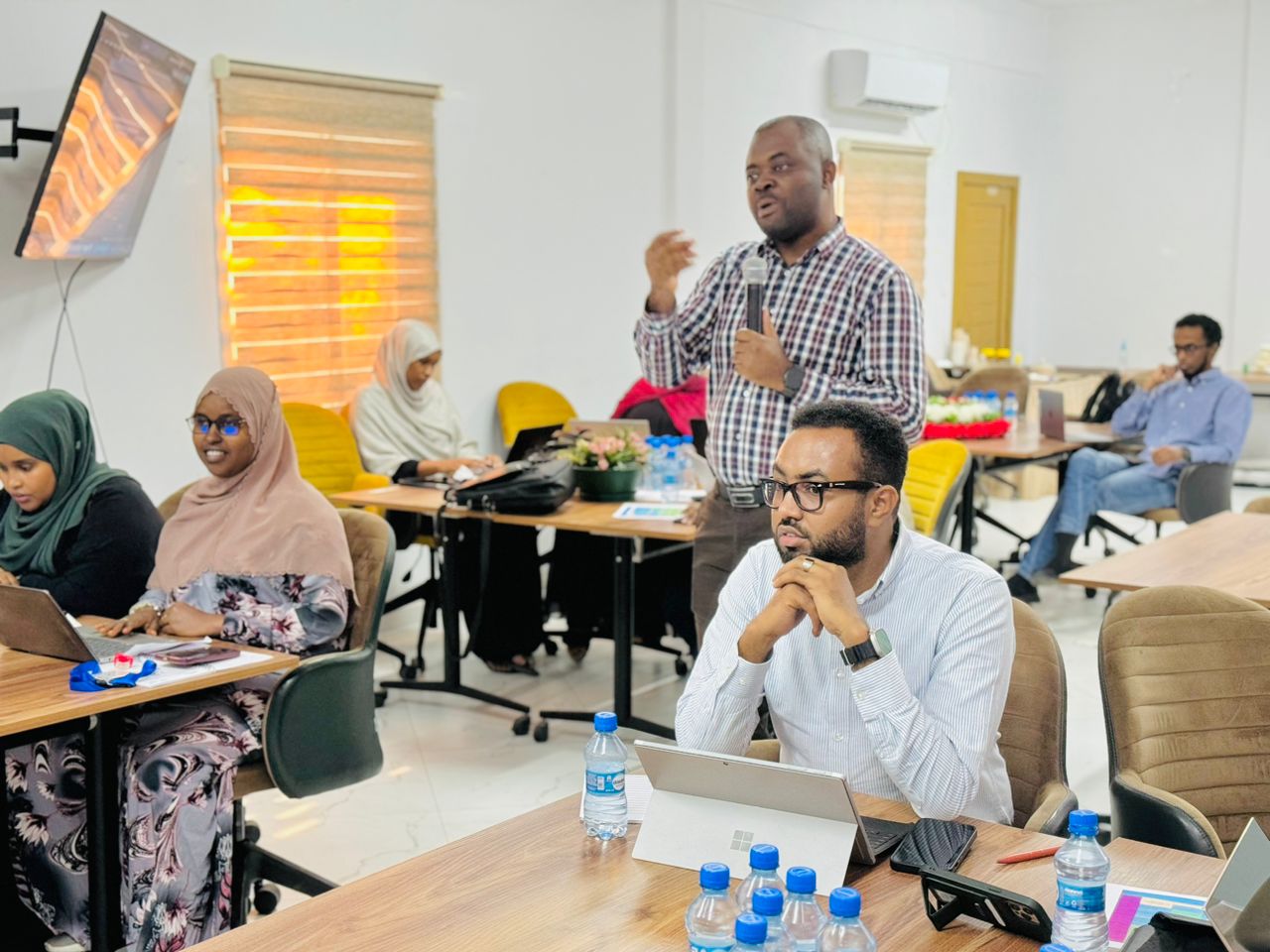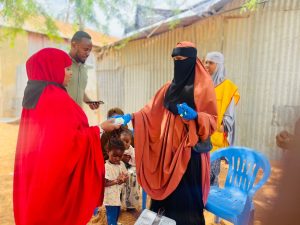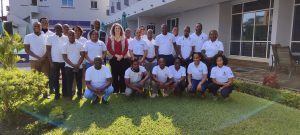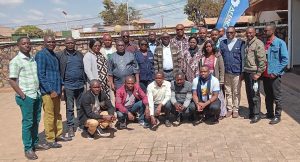Somalia holds scientific manuscript writing workshop
-
by
AFENET
The Somalia Federal Ministry of Health and Human Services (FMOHS), and the National Institutes of Health (NIH), in collaboration with the African Field Epidemiology Network (AFENET), have partnered in Public Health Workforce Development, with the launch of the first cohort of Frontline FETP on the 29th August 2021, which has led to the training of 123 health workers from different districts and organizations in five cohorts. This partnership led to improvements in the surveillance system, early detection and effective management of disease outbreaks, and improvements in the planning and delivery of routine immunization services.
The lessons learned from these health system improvements and other research outputs conducted by health workers and researchers alike have not been efficiently shared with a larger scientific audience and public health practitioners globally due to limited capacities in scientific communication. To address these, NIH engaged the services of AFENET to help develop sustainable in-country capacity for efficient scientific communication and dissemination to global public health practitioners and scientists.
A total of twenty-five participants were drawn from a diverse field including graduates of Somalia Frontline FETP, Staff of NIH and Ministry of Health and Human Services, health workers from major hospitals (Benadir Hospital, Erdogan Hospital, etc.), and researchers from Somalia National University, East Africa University, Mogadishu University, Simad University Bosaso University, Jamhuriya, Aden Cade, Salam University, among others participated in the first cohort scientific manuscript writing workshop. Held in the Palms Hotel, Mogadishu, from 12th to 16th February 2024, the hands-on workshop was facilitated by Dr. Chukwuma Umeokonkwo from AFENET Secretariat Uganda. Each participant was guided to develop a manuscript to be submitted to international high-impact peer-reviewed journals for publication. The participants worked on diverse topics ranging from malnutrition in children, antimicrobial resistance, gender-based violence, the psychological effect of social media use among university students, incomplete immunization, neonatal mortality, rotavirus diarrhoea, cancer epidemiology, and occupational hazards, and from a different study design (cross-sectional design, cohort studies, scoping reviews, systematic review, and meta-analysis).
The Executive Director National Institute of Health Somalia, Dr. Hussein Abukar Muhiadin, commended the participants’ hard work and dedication to improving their scientific communication skills. He also expressed appreciation for AFENET support, especially Dr. Chukwuma Umeokonkwo for his expertise and the NIH public health research department for their hard work. The workshop’s success paves the way for continued advancements in Somali public health research and improved health outcomes for the Somali population. Other dignitaries at the occasion were the Director of Research at NIH, Dr. Mohamed Abdelrahman Mohamed, the Director of Training and Development at NIH, Mr. Daud Ahmed, and the Resident Advisor at AFENET Somalia, Mr. Kasim Mahdi.




